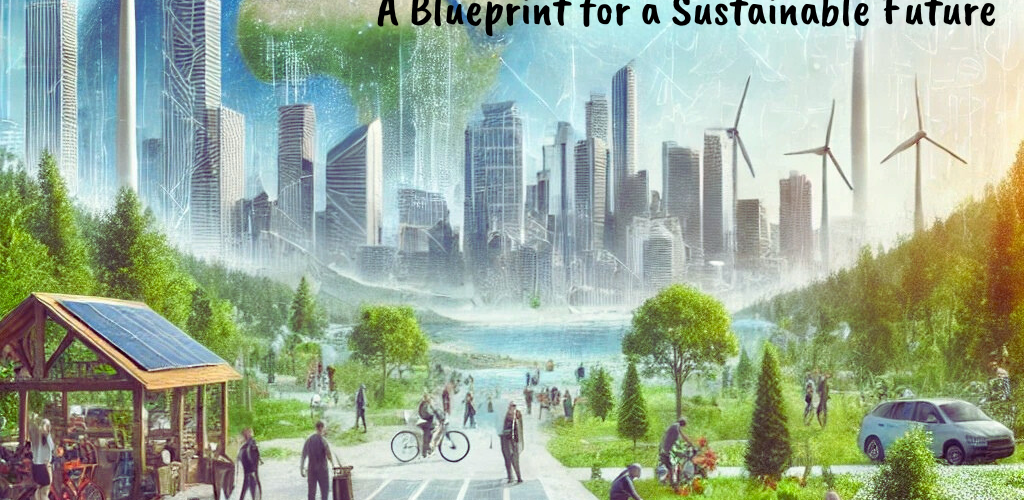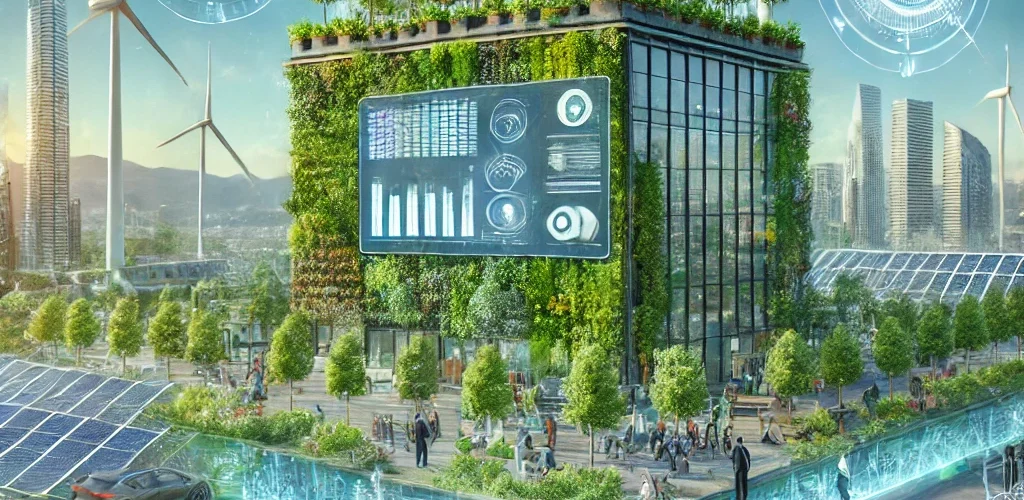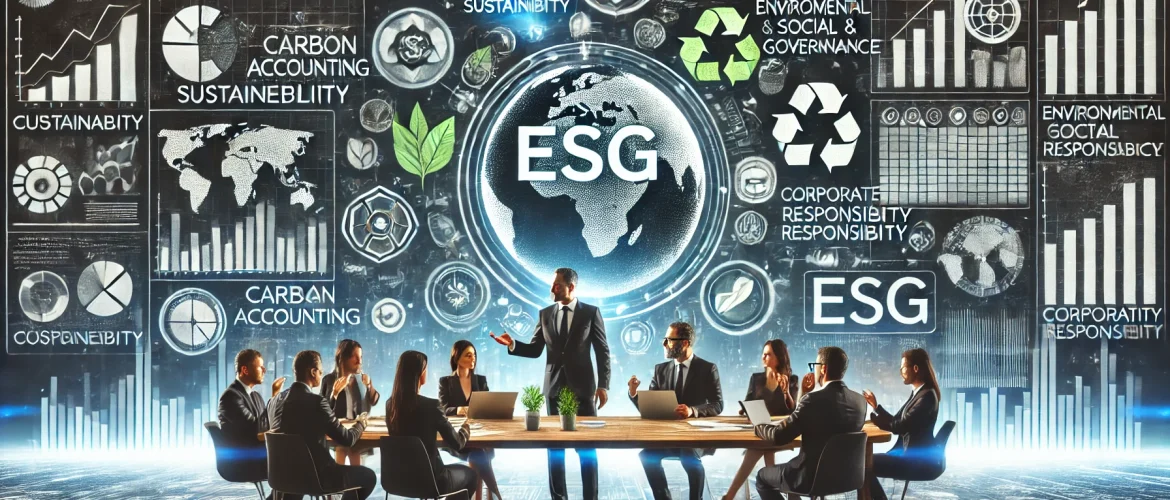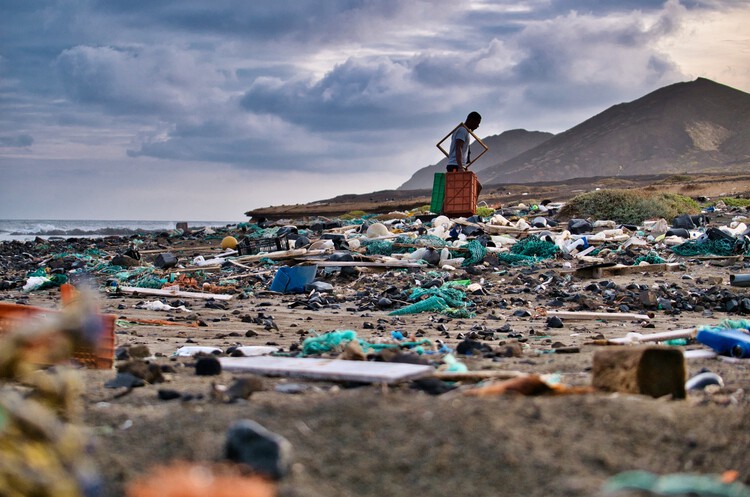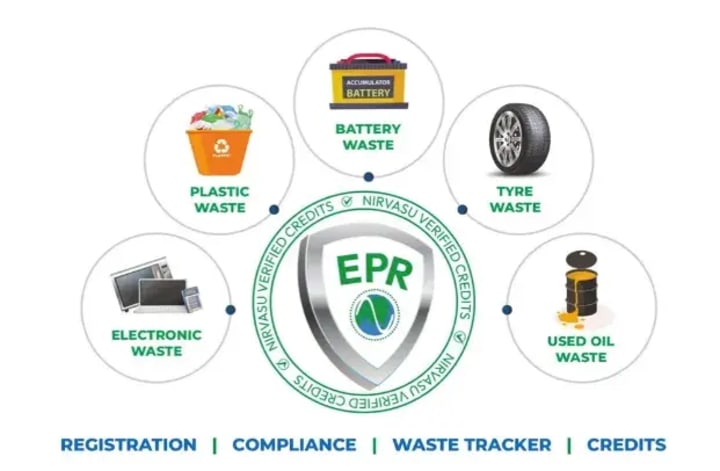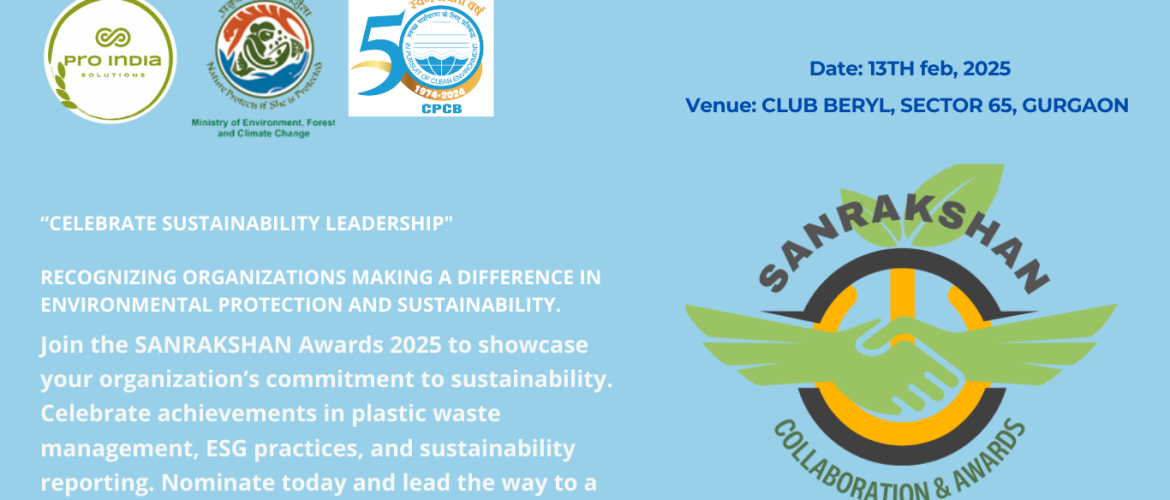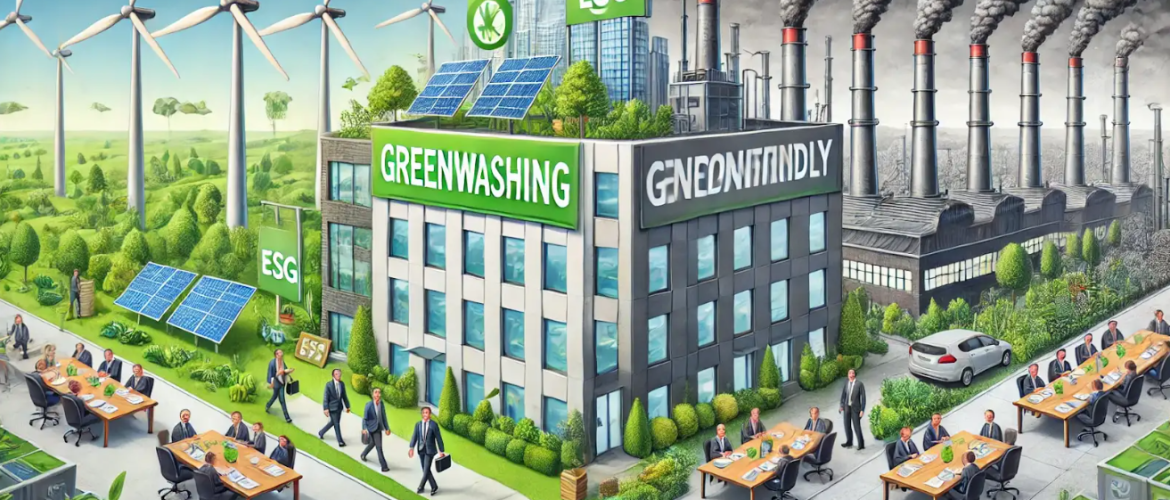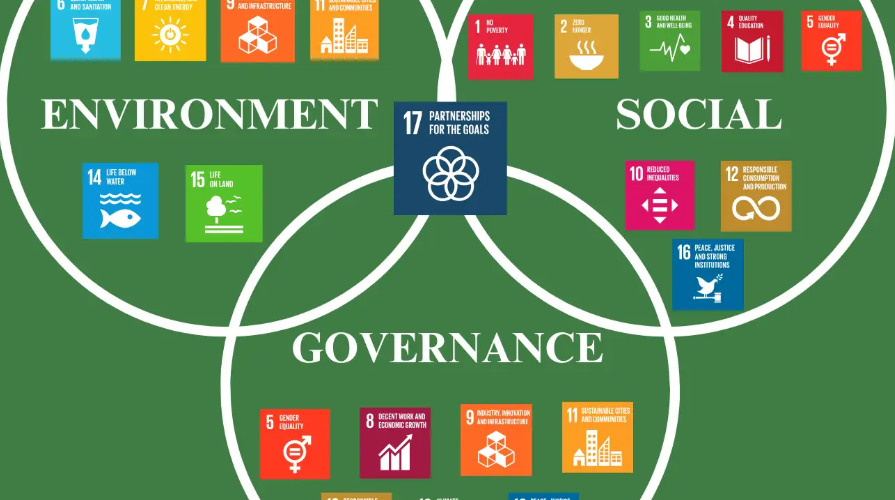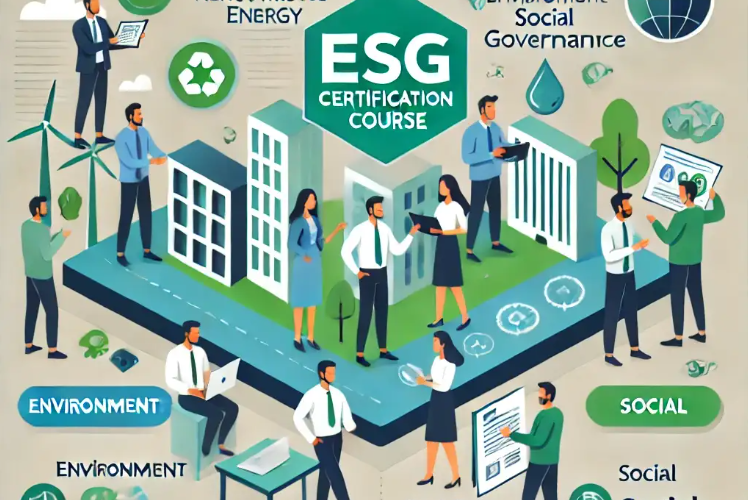Introduction: Rewriting the Climate Code Climate change is no longer a distant threat, it’s an urgent reality that demands immediate action. With rising global temperatures, extreme weather events, and widespread environmental degradation, the need for a comprehensive solution has never been more critical. But what if we could rewrite the climate code, creating a sustainable roadmap that will safeguard our planet for future generations? In this blog, we’ll explore how rewriting the climate code isn’t just a theoretical
In today’s fast-paced world, sustainability is no longer just a feel-good term — it’s a key ingredient for long-term business success. Companies that set green goals are discovering they can reduce costs, boost profitability, and build stronger connections with eco-conscious consumers. Let’s dive into how going green can unlock bigger gains for businesses. Why Green Business Practices Matter Adopting eco-friendly business strategies isn’t just good for the planet; it’s essential for staying competitive. Here’s how sustainability is transforming
The Growing Importance of ESG Expertise Environmental, Social, and Governance (ESG) considerations are now central to how businesses operate. Companies across industries are integrating sustainability into their strategies to meet regulatory requirements, attract responsible investors, and build long-term resilience. This shift has created a high demand for professionals skilled in carbon accounting, ESG reporting, sustainability assessments, and compliance frameworks. Whether you are an individual seeking career growth or a business looking to enhance ESG
Biodegradable: Plastics & Innovative Waste Solutions Biodegradable: Plastic waste has become a major environmental issue. The planet faces increasing challenges with plastic pollution, especially in oceans and landfills. Innovative plastic waste management solutions are critical to achieving a sustainable future. This blog explores cutting-edge technologies and practices that can reduce plastic waste and its impact on the environment. Biodegradable: The Growing Need for Plastic Waste Management Plastic waste has rapidly increased in recent decades. The convenience and affordability of plastic products are
Waste Management: EPR’s Evolution In the face of growing plastic waste and environmental degradation, Extended Producer Responsibility (EPR) has emerged as a revolutionary approach to waste management. EPR shifts the responsibility for managing the environmental impact of products, including their post-consumer stage, from governments to producers. This concept has not only reshaped waste management practices globally but also aligned industries with the principles of the circular economy. What is EPR? EPR stands for Extended Producer
What Are the SANRAKSHAN Awards 2025 and Why Are They Important? As we strive toward a sustainable future, recognizing and rewarding efforts in environmental protection and sustainability becomes essential. The SANRAKSHAN Awards 2025, organized in collaboration with the Central Pollution Control Board (CPCB) and the Ministry of Environment, Forest and Climate Change (MOEFCC), aim to do just that. This initiative highlights groundbreaking contributions to sustainability, with a special focus on plastic waste management. Let’s explore what the SANRAKSHAN Awards
The ESG Dilemma: Is Greenwashing Undermining Corporate Sustainability Efforts? Environmental, Social, and Governance (ESG) principles have become the gold standard for assessing corporate responsibility and sustainability. However, as ESG gains traction, a darker side has emerged: the rise of greenwashing. This controversial practice raises questions about whether ESG is genuinely driving change or simply serving as a PR tool for corporations. To become an ESG expert get certification now click on: certificate What is Greenwashing? Greenwashing occurs
Sustainability has become a critical driver of modern business strategies. As organizations seek to align their operations with global sustainability objectives, two frameworks have emerged as key guiding principles: Environmental, Social, and Governance (ESG) and the United Nations Sustainable Development Goals (UN SDGs). While ESG focuses on corporate practices, the SDGs outline a universal agenda to address pressing global challenges by 2030. The synergy between ESG and the UN
The Role of ESG in Shaping the Future Workforce: Why Students and Recent Graduates Should Care About Sustainability In a world increasingly driven by sustainability, Sustainability Reporting, Environmental, Social, and Governance (ESG) principles have emerged as a cornerstone for businesses and organizations striving for long-term success. For students and recent graduates, understanding and embracing ESG is not just a trend—it’s a career imperative. Here’s why ESG matters to the future workforce and how young professionals can prepare to thrive
Sustainability: Understanding EHS and ESG EHS and ESG represent two distinct yet interconnected approaches to sustainability and corporate responsibility. What is EHS and ESG? EHS focuses on ensuring safe workplace practices, protecting employee health, and minimizing environmental impact through operational measures. On the other hand, ESG is a broader framework that evaluates a company’s environmental, social, and governance initiatives to assess its overall ethical and sustainable practices. Importance in Modern Business: Both frameworks have become integral to the way businesses operate, ensuring compliance


